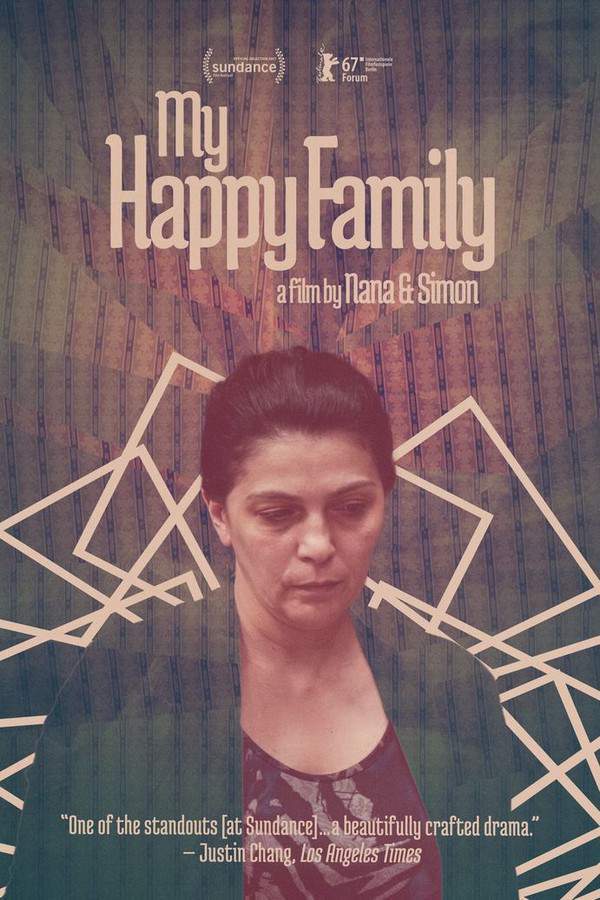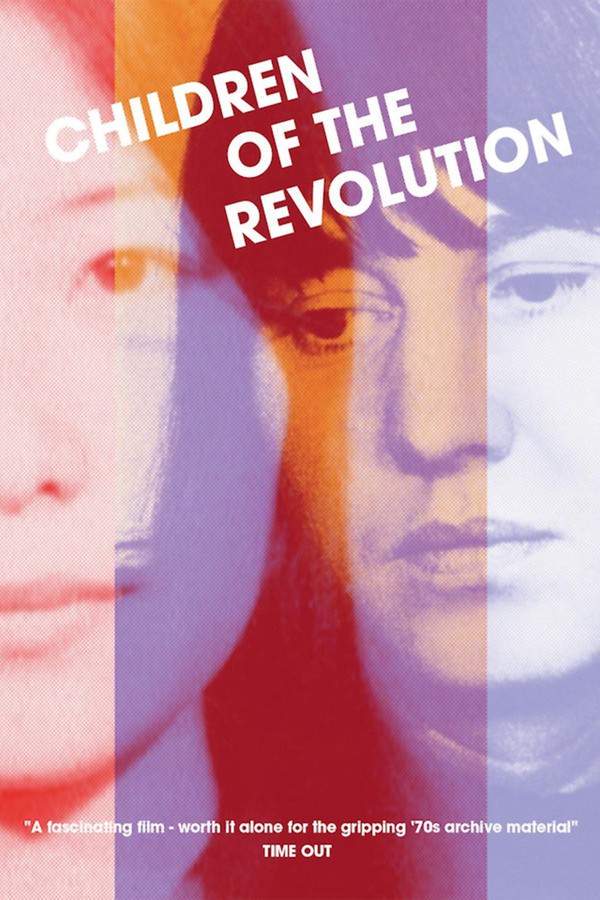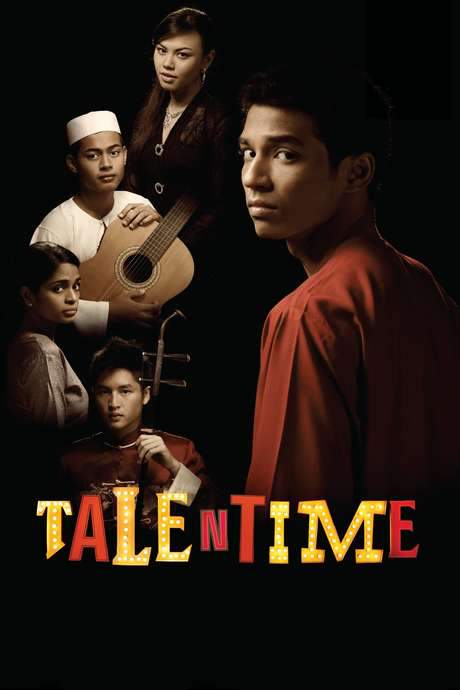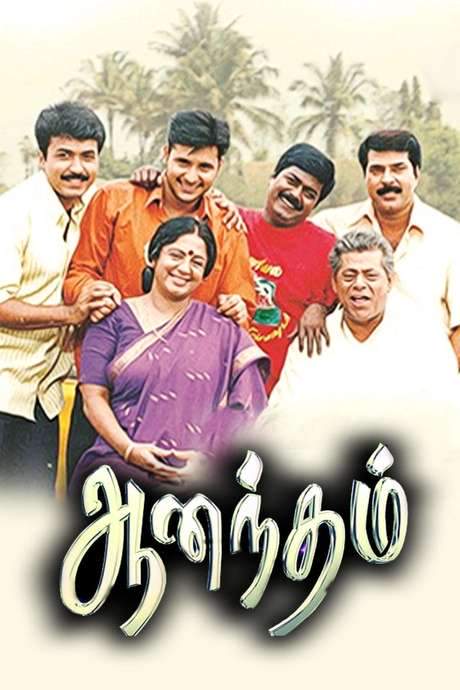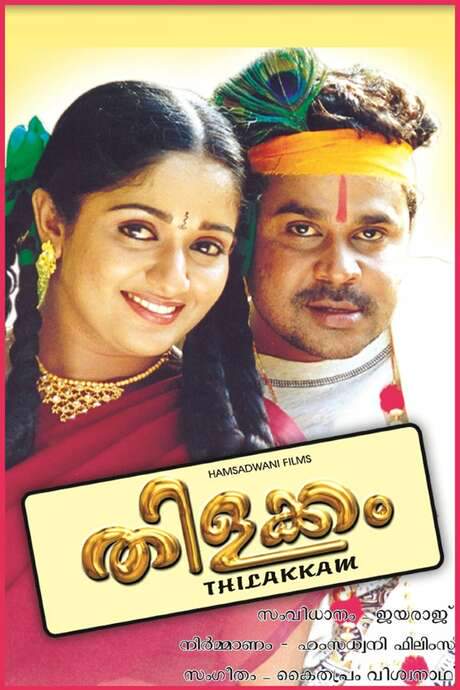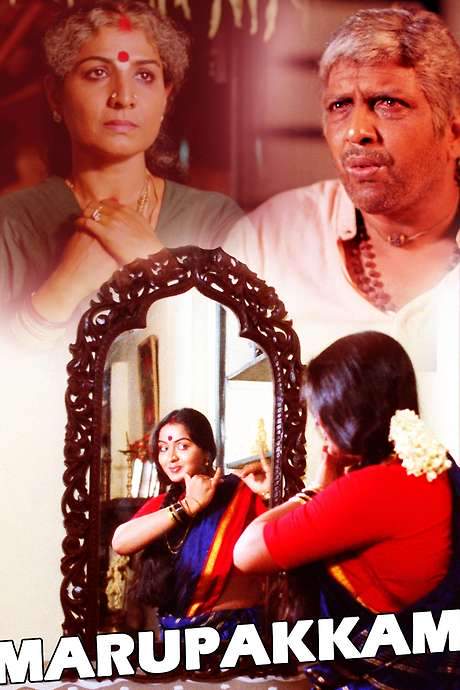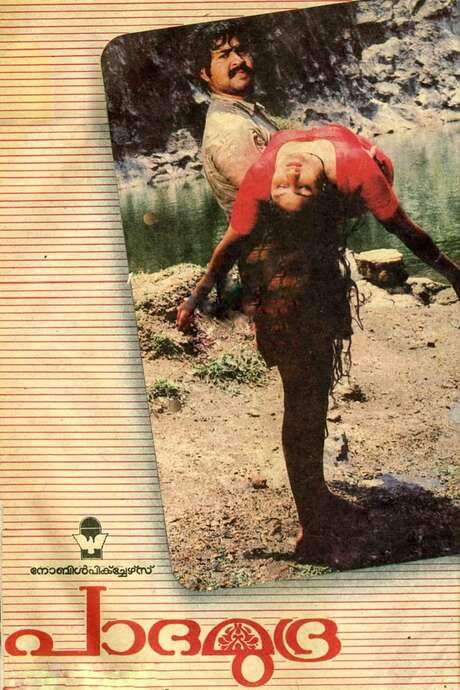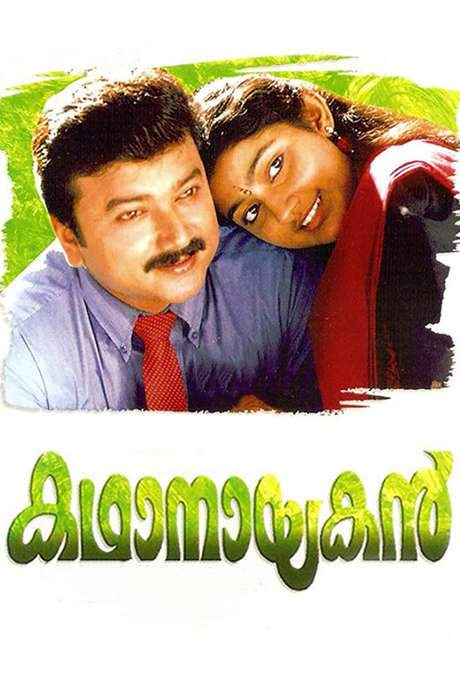
Unnal Mudiyum Thambi
Year: 1988
Runtime: 161 mins
Language: Tamil
Director: K. Balachander
Defying his orthodox Carnatic musician father, the young son champions social causes, using his voice and determination to raise awareness. Though initially opposed, he gradually wins the confidence of local residents, inspiring self‑reflection and community consciousness across neighboring villages.
Warning: spoilers below!
Haven’t seen Unnal Mudiyum Thambi yet? This summary contains major spoilers. Bookmark the page, watch the movie, and come back for the full breakdown. If you're ready, scroll on and relive the story!
Unnal Mudiyum Thambi (1988) – Full Plot Summary & Ending Explained
Read the complete plot breakdown of Unnal Mudiyum Thambi (1988), including all key story events, major twists, and the ending explained in detail. Discover what really happened—and what it all means.
A car rolls into the village, and out steps the infamous “Bloody” MP, V. K. Ramasamy. He is struck by how spotless and orderly the community appears, a place where old bad habits like drinking are openly shunned. The people credit the transformation to a young man named Udayamoorthy, Kamal Haasan. Curious to know how a single person could spark such a change, the MP asks for the story, and a lengthy flashback unfolds.
In his adolescence, Udayamoorthy comes from a privileged background, yet a pivotal memory sticks with him. He watches an old, blind beggar woman struggle to pick up a banana tossed aside by a passerby. A kind old man steps in to help, and he tells the proud youngster to always lend a hand to those in need. That moment—the beggar’s struggle and the elder’s advice—stirs something in him, planting the seeds of a future commitment to others.
As an adult, Udayamoorthy is bright and mischievous, always ready with a prank or two that annoys his father, the stern but devout Carnatic musician Bilahari Marthandam Pillai, Gemini Ganesan. Pillai’s elder son is mute and must learn to play the nadhaswaram, a detail that underscores a household where discipline and tradition run deep. A fierce exchange follows when Pillai tells him it would be better to die than live irresponsibly, a rebuke that stings the young man. The next day, the hall bears witness to a staged tragedy—Udayamoorthy pretends to hang himself as part of another prank—an act that shatters Angayarkanni, Manorama, who feels he has not been raised properly. The moment becomes a turning point: Udayamoorthy reevaluates his life and resolves to devote himself to the service of others, inspired by memories of a temple incident and the sight of an old gardener who longs to contribute to society.
His new sense of purpose leads him to cross paths with social injustices in everyday life. In a government office, he witnesses a woman protesting a rejection of her job application for a teaching post because caste and religion weren’t stated on the form; he sees her again later in a theater, where she defends herself against a thug. This woman, Lalithakamalam, Seetha, embodies secular ideals that resonate with him, and the pair grows close. Their shared commitment to justice attracts him further, and he finds it difficult to focus on his music when he hears the cries of a night beggar—an imbalance that his mentor would never tolerate. Lalithakamalam’s courage and worldview draw him toward a serious relationship, even as Pillai remains wary of a future that could detach him from his singing and his lineage.
The bond between Udayamoorthy and Lalitha is tested when Pillai objects to the relationship, especially as Udayamoorthy’s growing empathy leads him to reject social norms that keep people apart—such as caste. Pillai also brings in Charukesi, Ramesh Aravind, as a potential new disciple, arguing that Udayamoorthy should embrace humanity over blind devotion to music. The clash boils over, and Udayamoorthy leaves home, determined to prove that he can chart a path that honors both his art and his duties to society.
On the road, he encounters the harsh reality of the village’s drinking problem in a stark way. He learns about the man who died because he couldn’t receive timely help due to neglect and the failure of the state to provide compensation. He sees many men sunk in alcohol, with their children forced to work to pay for their fathers’ habits, rather than going to school. This searing observation strengthens his resolve to launch reform, even at personal cost.
Amaidhi Puratchi Iyyakam (Silent Revolution Movement) becomes his vehicle for change. Lalitha becomes his partner in leading the movement, which begins with inspiring wives to protest their husbands’ drinking and expands into a broader push for social responsibility. The liquor shops are shut down, and the community starts to respond to the idea that responsible living is a shared duty. The drunkards—frustrated and threatened by the movement—try to derail Udayamoorthy’s wedding to Lalitha by promising to quit drinking if the union is called off. He agrees to delay the marriage, sacrificing his personal happiness for the greater good, and the village’s respect for him grows even stronger.
Hearing the full story, the MP is moved and lends official support to bring the reforms to light in government circles. Udayamoorthy’s reputation spreads, and he receives recognition as a transformative figure who has steered his village onto a virtuous path, even earning a prestigious national honor from the prime minister: the title of Best Indian. In a poignant moment, Pillai comes to recognize the depth of his son’s achievement and, in a twist of family pride, declares that Pillai is Udayamoorthy’s father—emphasizing the bond that underpins the change—and finally gives his blessing for the union with Lalitha. The village’s reform, the couple’s love, and the reconciliation with Pillai bring the story to a hopeful close, underscoring a message that perseverance, compassion, and unity can reshape a community from within.
Last Updated: October 09, 2025 at 11:22
Explore Movie Threads
Discover curated groups of movies connected by mood, themes, and story style. Browse collections built around emotion, atmosphere, and narrative focus to easily find films that match what you feel like watching right now.
Inspiring Village Reform stories like Unnal Mudiyum Thambi
Stories of determined individuals who catalyze positive change in rural communities.If you liked the inspiring social mission in Unnal Mudiyum Thambi, explore more movies where passionate individuals drive positive change in traditional village settings. These films share a hopeful tone, a steady narrative build-up, and a focus on community consciousness and redemption.
Narrative Summary
These narratives typically follow a linear arc where the protagonist identifies a social ill, faces initial resistance (often from family or tradition), perseveres through personal sacrifice, and gradually builds momentum. The climax involves a communal awakening, leading to reconciliation and a hopeful resolution that affirms the power of individual agency.
Why These Movies?
Movies are grouped here for their shared focus on grassroots social reform, the 'one person against the system' archetype, and a fundamentally optimistic view of human nature and community. They balance dramatic conflict with an ultimately uplifting and heartwarming payoff.
Movies about Artistic Rebellion like Unnal Mudiyum Thambi
Personal passions and artistic expression clash with rigid family expectations.Fans of the father-son conflict over music and ideals in Unnal Mudiyum Thambi will enjoy these films. They explore the dramatic tension when a character's artistic calling or modern ideals challenge strict family traditions, often leading to personal growth and eventual understanding.
Narrative Summary
The narrative pattern involves a young protagonist whose artistic passion or modern worldview is at odds with the strict, often revered, traditions of their family. The story charts their journey of defiance, the resulting familial estrangement, and the eventual path toward a resolution that may involve reinterpreting tradition or finding a middle ground that honors both the old and the new.
Why These Movies?
These movies share a core dramatic conflict centered on generational divides and the quest for self-expression. They are united by themes of defiance, personal sacrifice for one's art or beliefs, and a emotionally resonant journey toward reconciliation or validation.
Unlock the Full Story of Unnal Mudiyum Thambi
Don't stop at just watching — explore Unnal Mudiyum Thambi in full detail. From the complete plot summary and scene-by-scene timeline to character breakdowns, thematic analysis, and a deep dive into the ending — every page helps you truly understand what Unnal Mudiyum Thambi is all about. Plus, discover what's next after the movie.
Unnal Mudiyum Thambi Timeline
Track the full timeline of Unnal Mudiyum Thambi with every major event arranged chronologically. Perfect for decoding non-linear storytelling, flashbacks, or parallel narratives with a clear scene-by-scene breakdown.

Characters, Settings & Themes in Unnal Mudiyum Thambi
Discover the characters, locations, and core themes that shape Unnal Mudiyum Thambi. Get insights into symbolic elements, setting significance, and deeper narrative meaning — ideal for thematic analysis and movie breakdowns.

Unnal Mudiyum Thambi Spoiler-Free Summary
Get a quick, spoiler-free overview of Unnal Mudiyum Thambi that covers the main plot points and key details without revealing any major twists or spoilers. Perfect for those who want to know what to expect before diving in.

More About Unnal Mudiyum Thambi
Visit What's After the Movie to explore more about Unnal Mudiyum Thambi: box office results, cast and crew info, production details, post-credit scenes, and external links — all in one place for movie fans and researchers.

Similar Movies to Unnal Mudiyum Thambi
Discover movies like Unnal Mudiyum Thambi that share similar genres, themes, and storytelling elements. Whether you’re drawn to the atmosphere, character arcs, or plot structure, these curated recommendations will help you explore more films you’ll love.
Explore More About Movie Unnal Mudiyum Thambi
Unnal Mudiyum Thambi (1988) Scene-by-Scene Movie Timeline
Unnal Mudiyum Thambi (1988) Movie Characters, Themes & Settings
Unnal Mudiyum Thambi (1988) Spoiler-Free Summary & Key Flow
Movies Like Unnal Mudiyum Thambi – Similar Titles You’ll Enjoy
Anandham (2001) Detailed Story Recap
Unnai Ninaithu (2002) Full Movie Breakdown
Thilakkam (2003) Story Summary & Characters
Thavamai Thavamiruntu (2005) Full Summary & Key Details
Kannathil Muthamittal (2002) Plot Summary & Ending Explained
Marupakkam (1990) Detailed Story Recap
Puthu Kavithai (1982) Movie Recap & Themes
Padamudra (1988) Full Summary & Key Details
Thanga Magan (1983) Full Summary & Key Details
Karumegangal Kalaiginrana (2023) Full Summary & Key Details
Vaaranam Aayiram (2008) Plot Summary & Ending Explained
Kadhanayakan (1997) Full Movie Breakdown
Veendum Chila Veettukaryangal (1999) Full Movie Breakdown
Manthramothiram (1997) Plot Summary & Ending Explained
Kalathur Kannamma (1960) Full Summary & Key Details


















